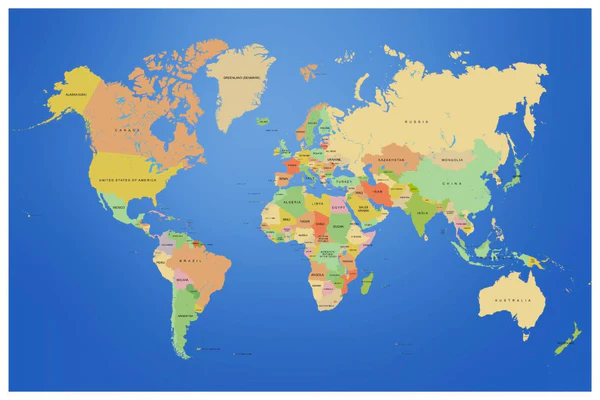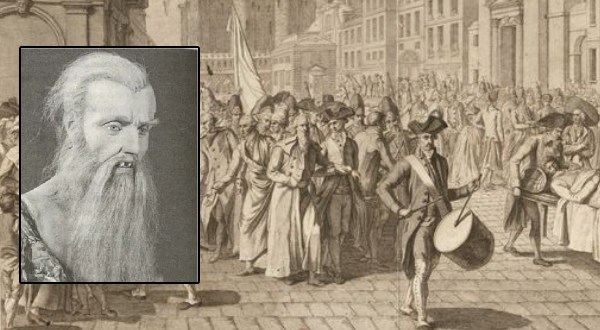How do historical, social, and economic factors shape the diverse political systems observed across different countries globally?
This analysis explores how historical, social, and economic factors shape the diversity of political systems worldwide. Historically, colonial legacies, path dependencies, and the evolution of political thought have left enduring impacts on institutional frameworks and territorial conflicts. Socially, political culture, identity cleavages, and interdisciplinary influences inform governance dynamics, while economic systems, development levels, and globalization reconfigure state sovereignty and policy-making. By examining these interconnected dimensions, comparative politics reveals the complex interplay of local and global forces driving political outcomes, offering critical insights into democratization, conflict, and integration in an interdependent world.



